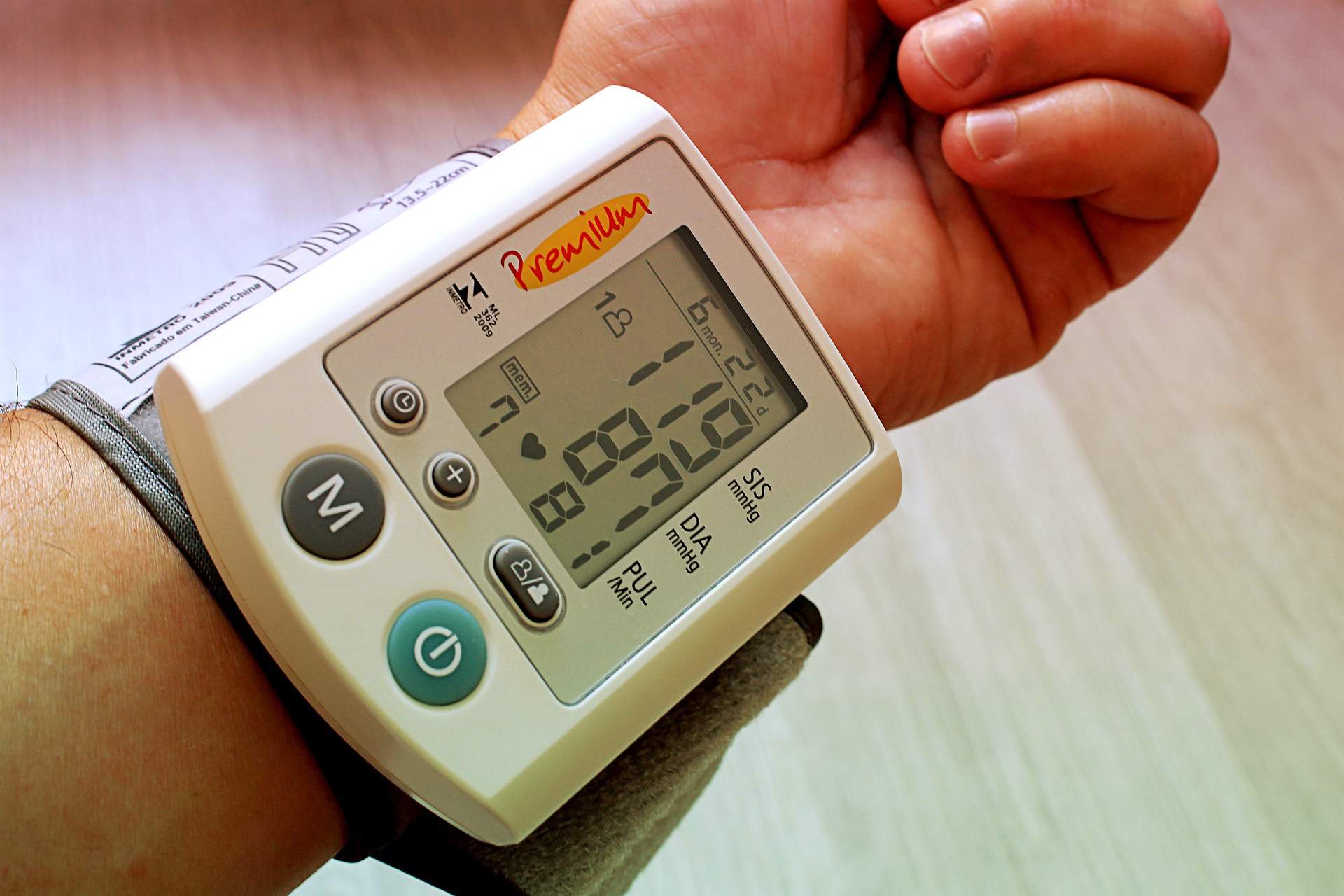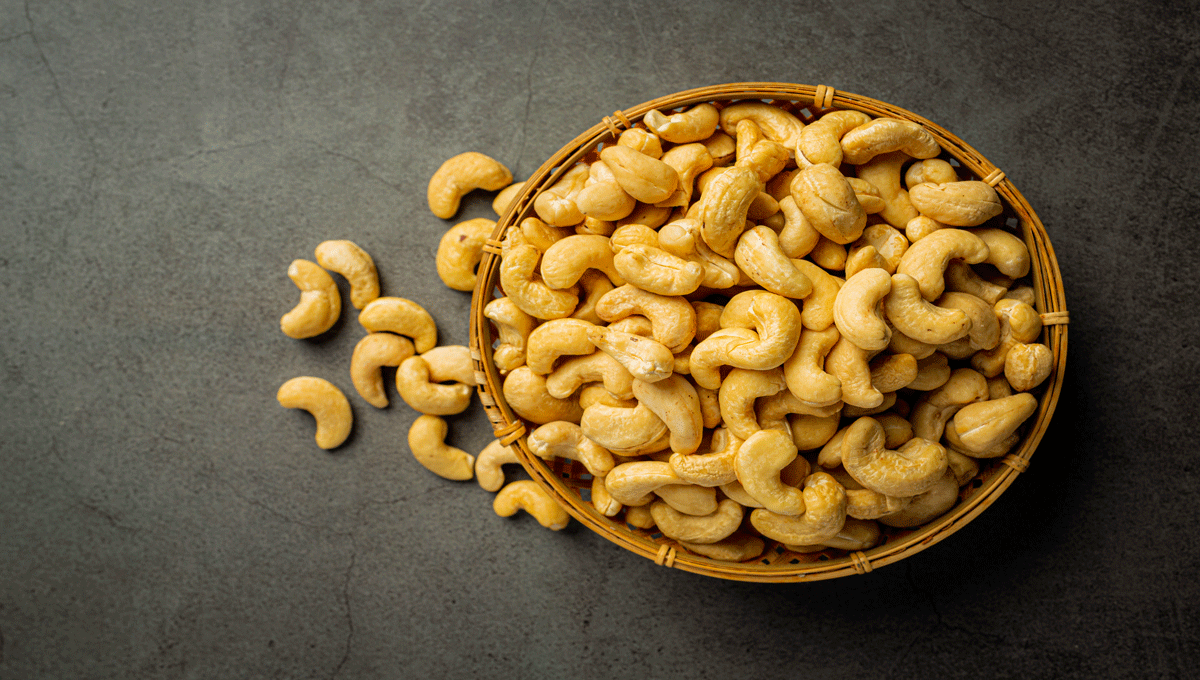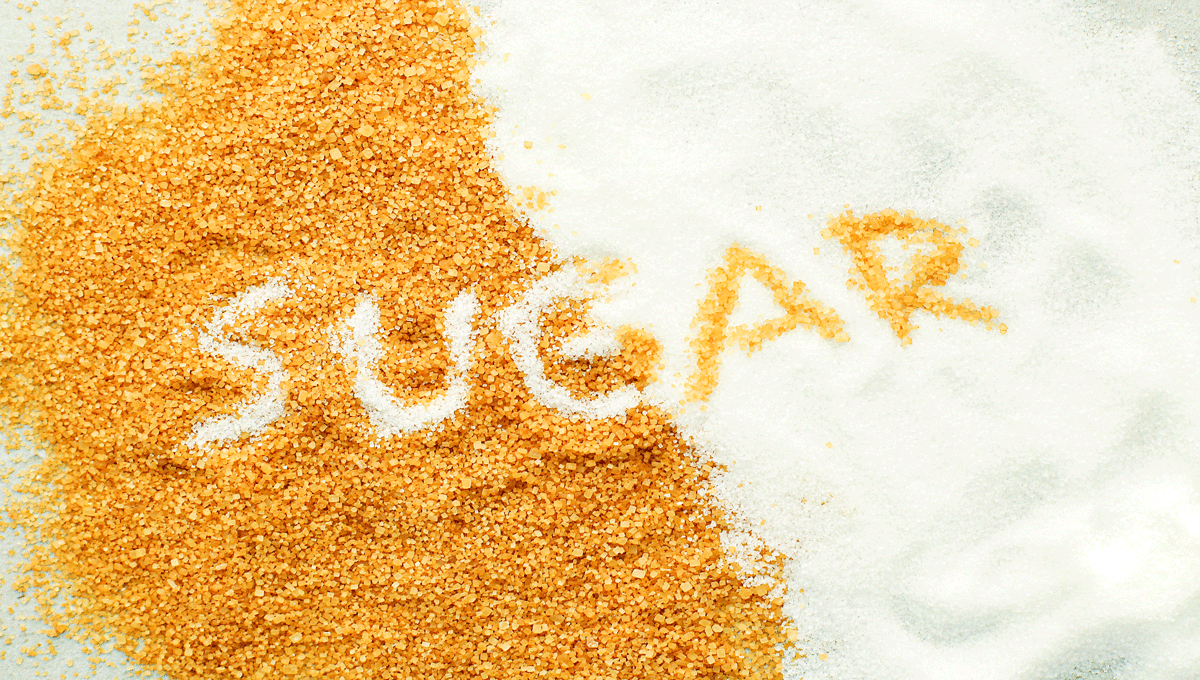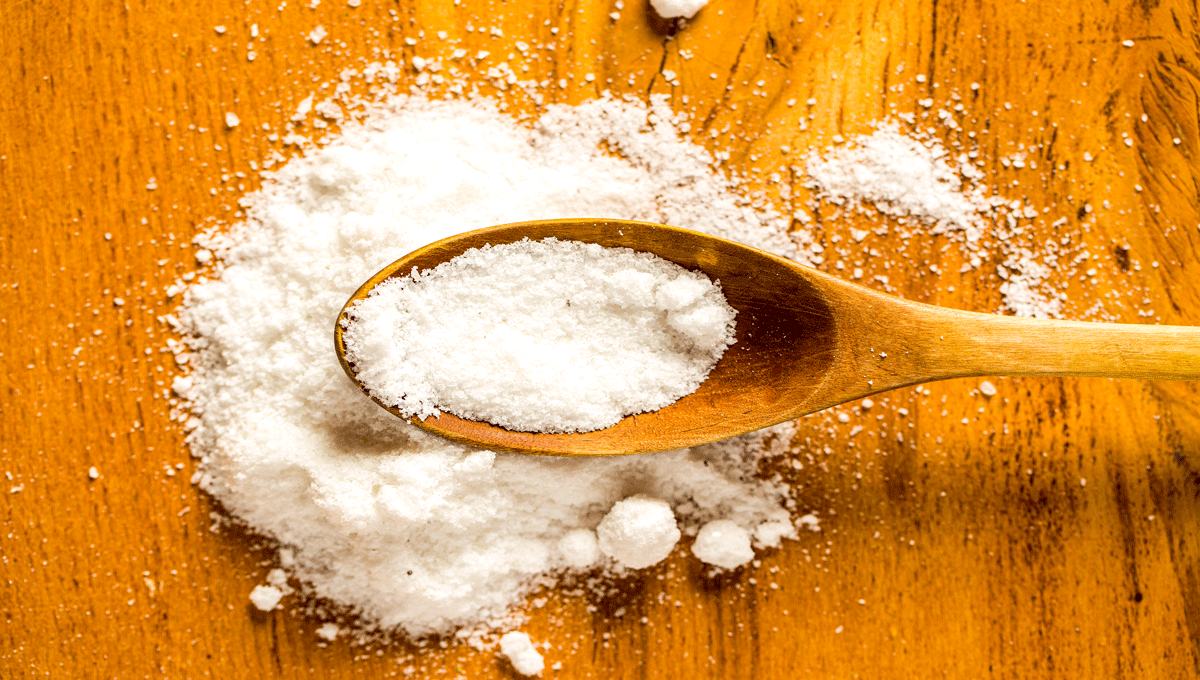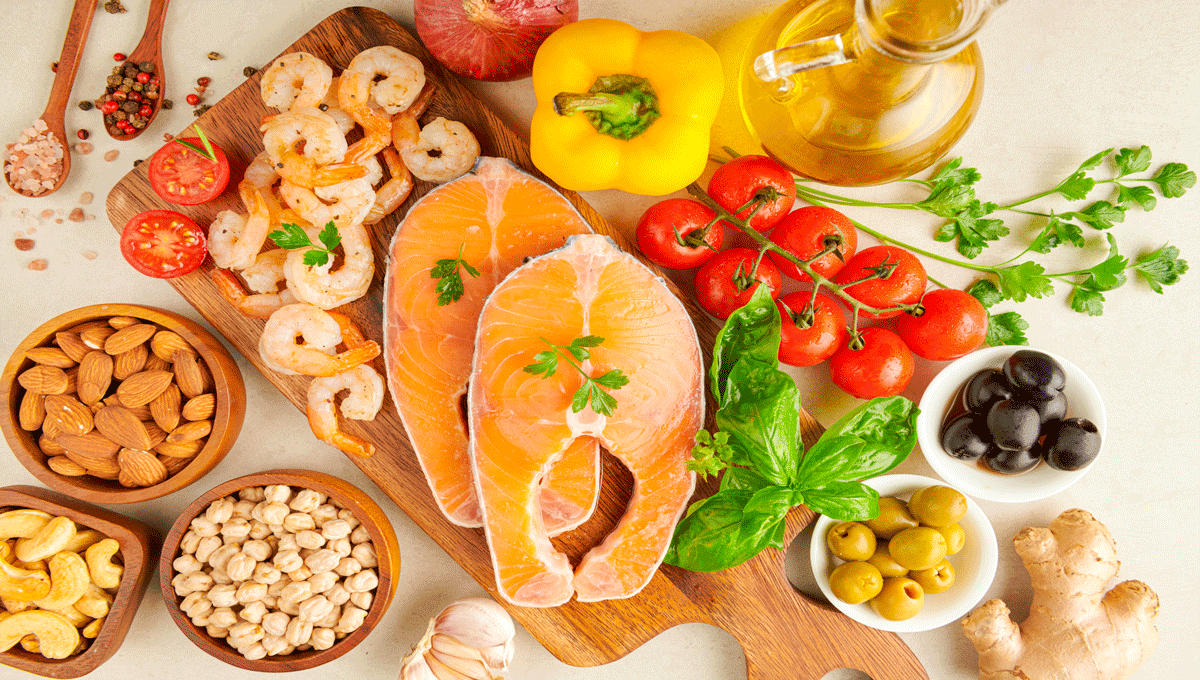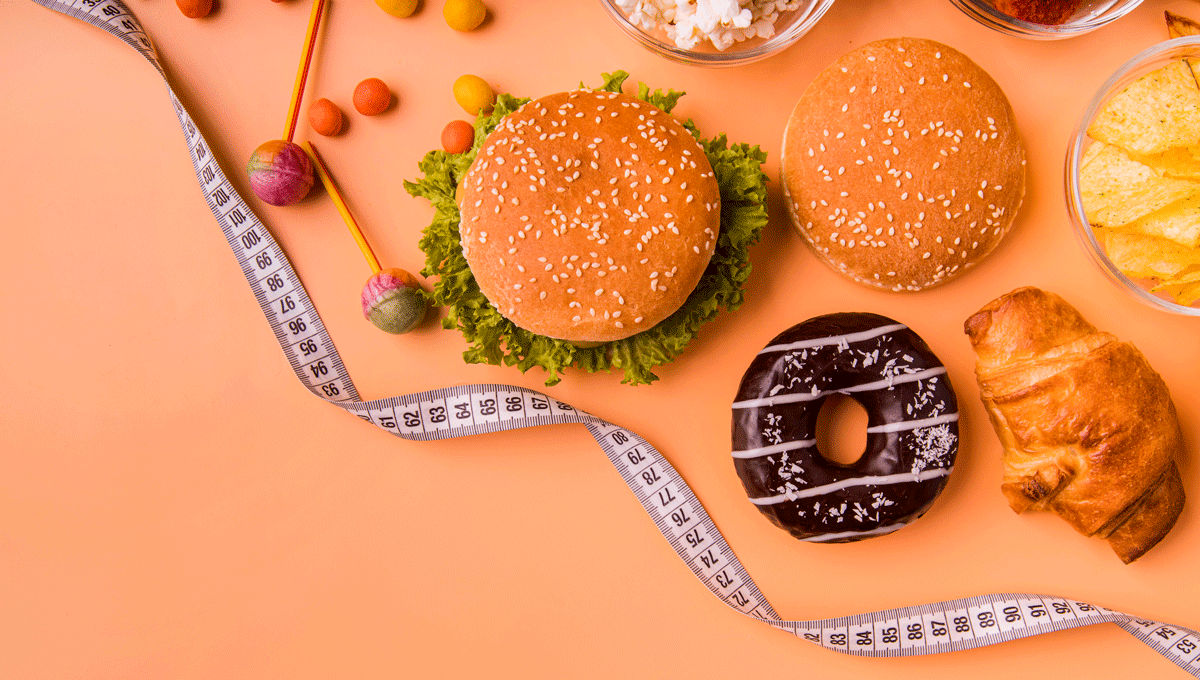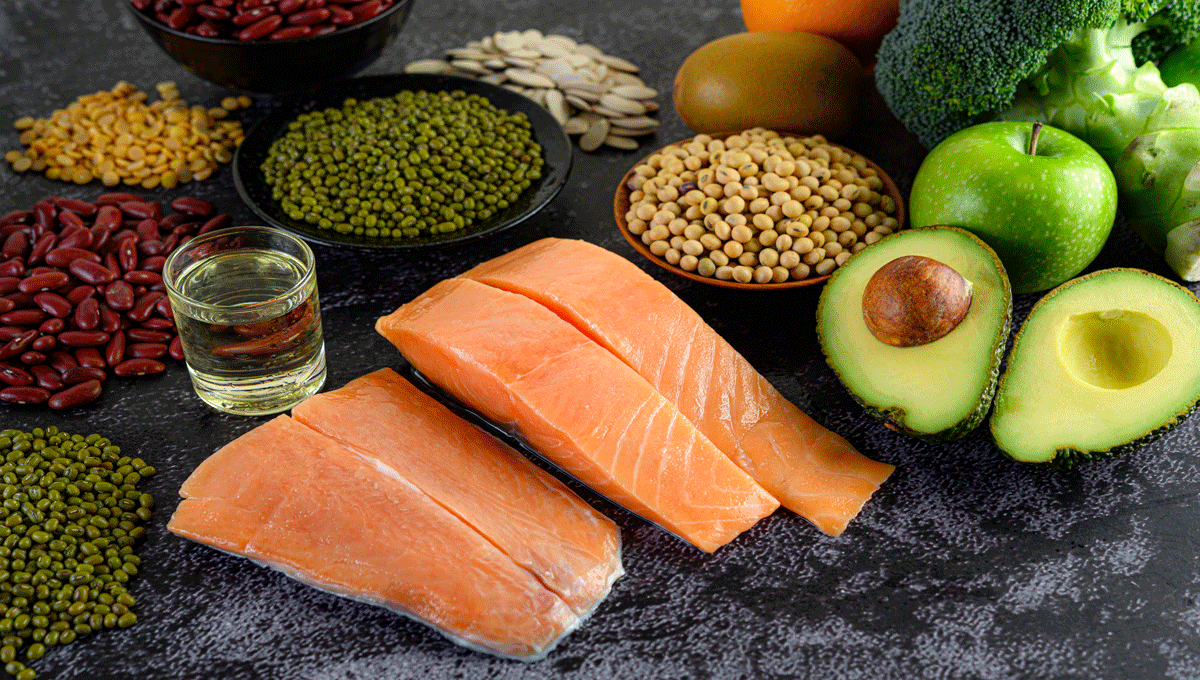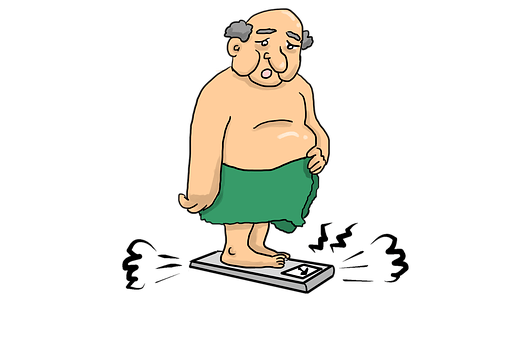
Health Benefits of Cashew Nuts
DO YOU THINK, CASHEWS ARE FATTENING? Any food eaten in excessive quantities can result in weight gain, and cashews and other nuts need to be eaten in moderation because nuts […]
DO YOU THINK, CASHEWS ARE FATTENING? Any food eaten in excessive quantities can result in weight gain, and cashews and other nuts need to be eaten in moderation because nuts […]
Just like stocks, the value of your belly fat shares can fluctuate. And while it may seem like a joke, carrying around excess belly fat can affect your health and well-being in serious ways.
Exercise is a powerful tool for controlling and lowering high blood pressure. Regular physical activity can help improve cardiovascular health and reduce the risk of heart disease and stroke. Here […]
Cashews are a delicious and nutritious snack that offer many health benefits, including a potential positive effect on symptoms of depression. Research suggests that cashews may help to boost mood and alleviate symptoms of depression due to their high tryptophan content, which is converted into serotonin in the brain, along with other nutrients important for mental health.
Starting a fitness journey can be intimidating, especially if you are new to exercise. However, getting started is the hardest part, and once you establish a routine, you will find that it becomes easier and more enjoyable over time. In this article, we will provide a guide to fitness for beginners, including tips on how to get started, what exercises to focus on, and how to stay motivated.
Fitness is a multifaceted concept that encompasses various physical and mental attributes, including strength, endurance, flexibility, and coordination. To achieve optimal fitness, it is essential to have a structured approach that focuses on building a strong foundation and gradually progressing to more advanced levels. In this article, we will explore the different fitness hierarchies and how they can help you achieve your fitness goals.
Sugar and refined carbohydrates are two of the biggest culprits behind the rise of chronic diseases such as obesity, type 2 diabetes, and heart disease. These unhealthy ingredients are found in many common foods, from processed snacks to sugary drinks. Here’s why avoiding sugar and refined carbohydrates is so important, and some tips for how to do it.
Reducing sodium intake is important for maintaining a healthy lifestyle, especially for individuals with high blood pressure or other health conditions. Consuming too much sodium can cause water retention, increase blood pressure, and put a strain on the heart and kidneys. The American Heart Association recommends that adults consume no more than 2,300 milligrams of sodium per day, with an ideal limit of 1,500 milligrams for individuals with high blood pressure.
Healthy fats are an essential component of a balanced diet and play a crucial role in maintaining optimal health. Unlike unhealthy saturated and trans fats, healthy fats can actually lower […]
Saturated fats are typically solid at room temperature and are found in foods such as red meat, butter, cheese, and cream. Trans fats, on the other hand, are often found […]
Lean proteins are an essential part of a healthy and balanced diet. Proteins are necessary for building and repairing tissues in the body, as well as for producing enzymes, hormones, […]

